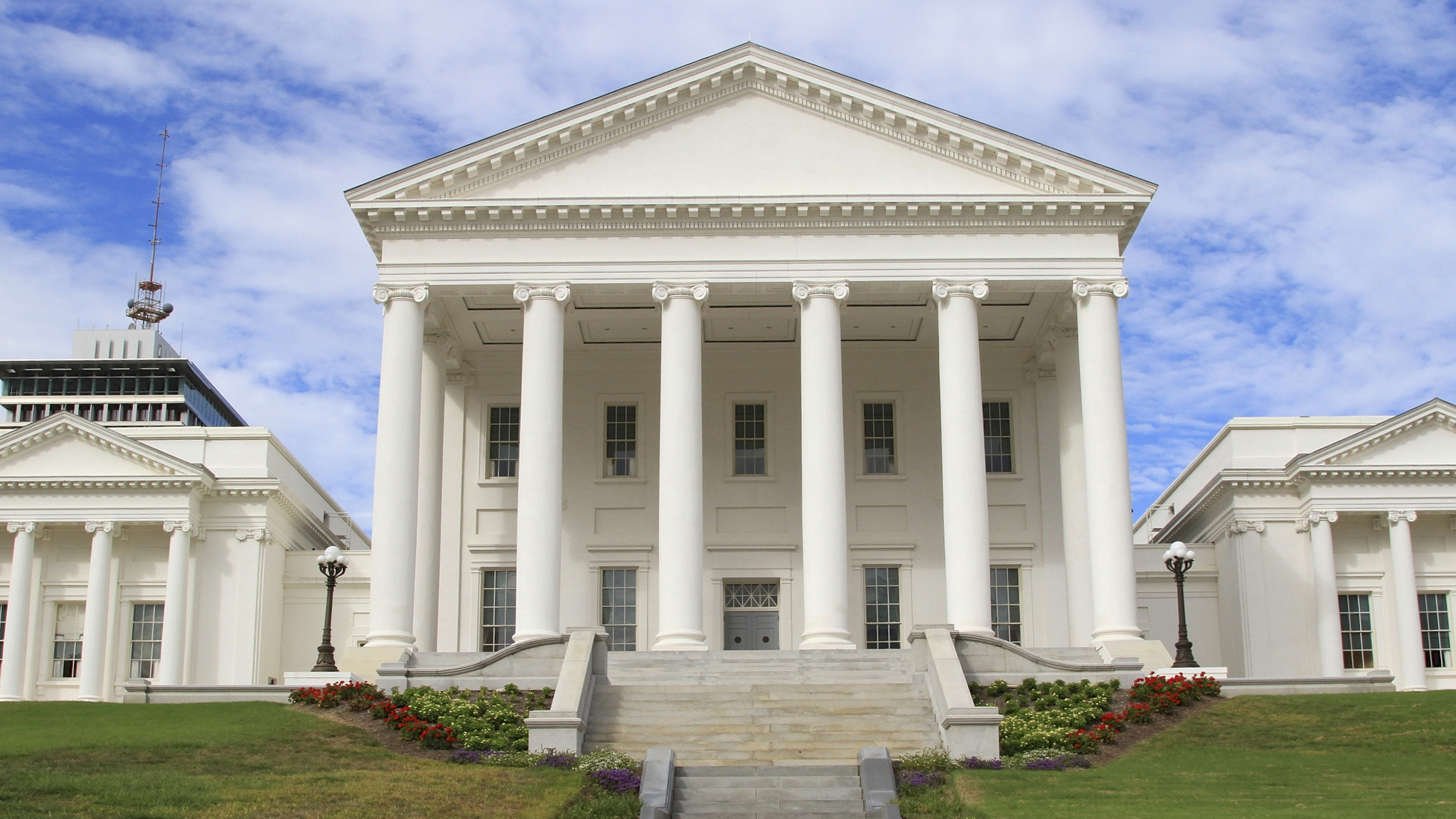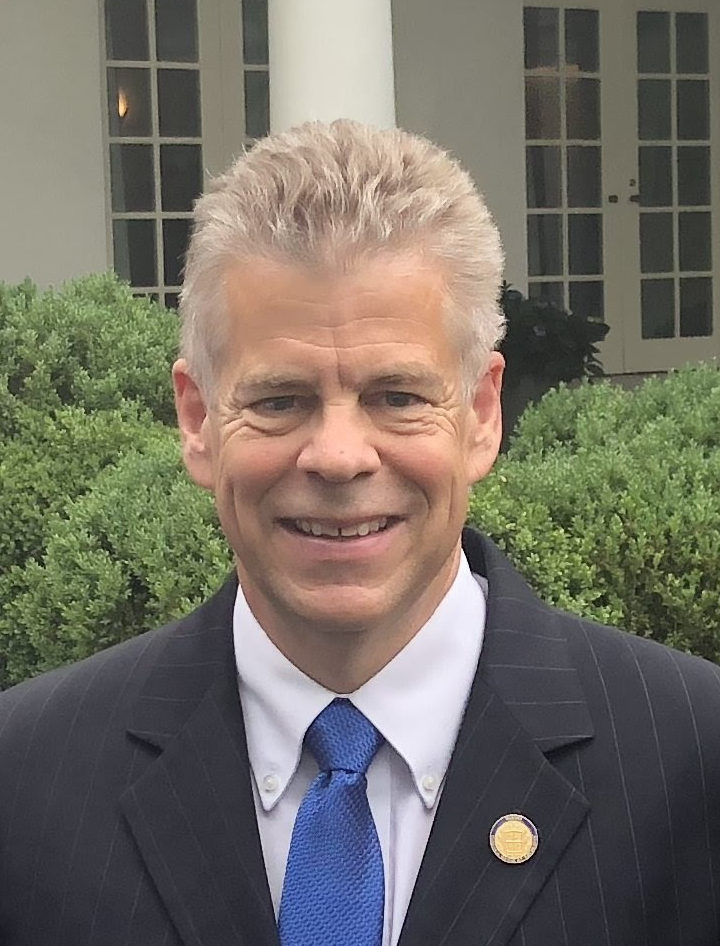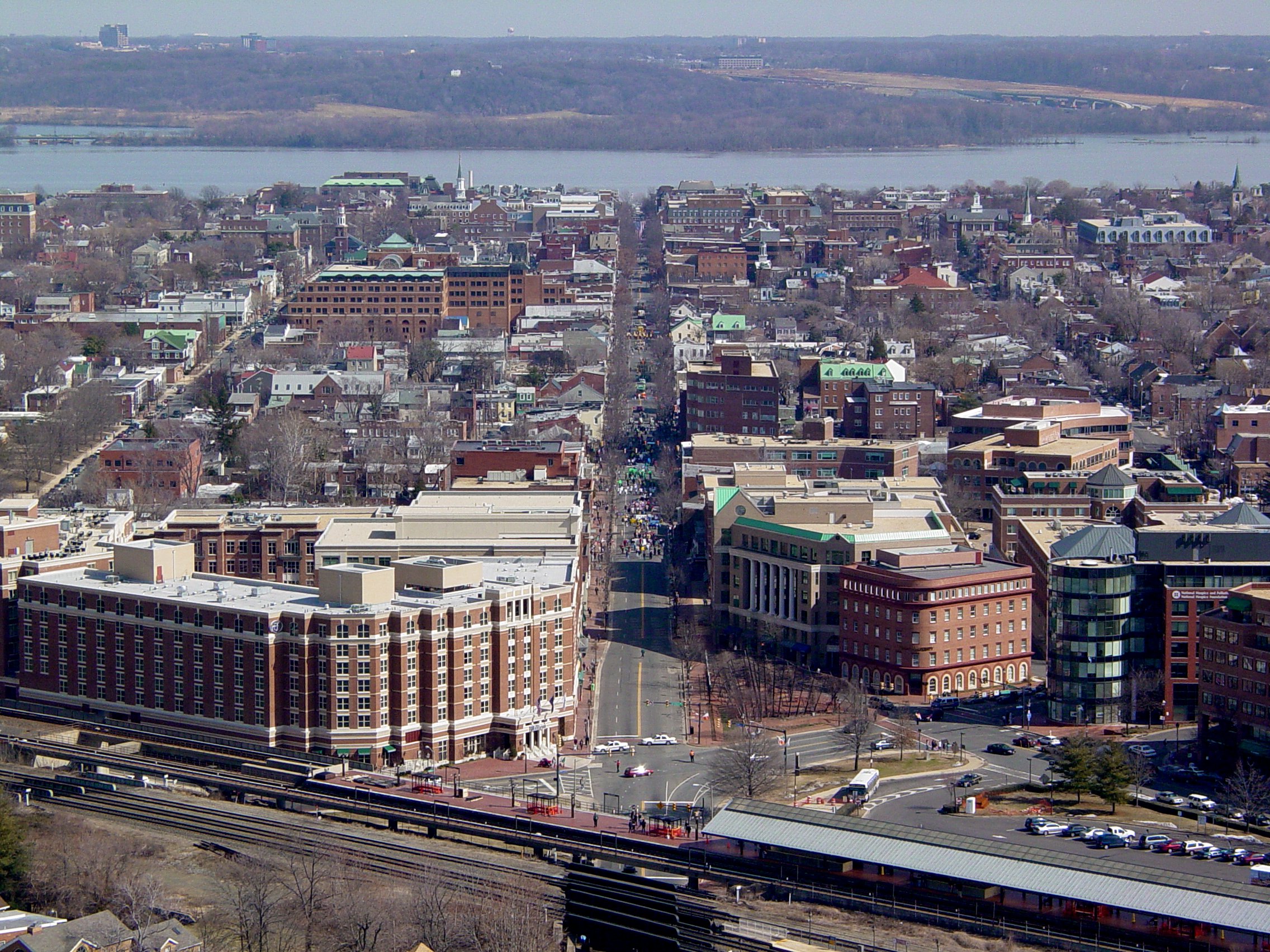As lawmakers are back in Richmond this week to hash out the final details for the two-year state budget, most of the attention has been placed on the contention between both chambers and both parties over Medicaid expansion and giving coverage to over 300,000 low-income Virginians. However, that is not the only funding debate that will played out during the General Assembly’s meeting, for Virginia’s lack of school funding is overshadowed by Medicaid.
A report entitled, “Is School Funding Fair? A National Report Card,” was recently published by the Education Law Center and Rutgers University that gave the Commonwealth a failing grade for how school funding is distributed. In the report, according to state funding distribution numbers from 2015, Virginia was graded at eighth from the bottom.
Analysts from the center claim that state and local spending on education in Virginia is 11 percent lower in areas with the most poverty, including both urban and rural areas.
The disparity in school funding and the distribution thereof has motivated a bipartisan effort from members of the House of Delegates. A new plan is set to invest more resources in Virginia school divisions that lack the funding needed to provide better education for students coming from low-income families.
Delegate Israel O’Quinn (R-Bristol) and Delegate Laschrecse Aird (D-Petersburg) are both spearheading the efforts in poor areas throughout the Commonwealth.
“The two of us had similar issues with lots of school districts that had high at-risk populations,” O’Quinn said according to Radio IQ WVTF.
The delegates wanted $64 million in new school funding for high-poverty areas to assist in teacher recruitment and waning retention rates. However, their efforts were halted in the General Assembly.
The Senate included $7 million in their state budget proposal for the measures, a much more moderate figure. Though, the House did not hold the funds to provide, instead moving the proposed $64 million from state lottery money back to education and school funding.
Chris Duncome at the Commonwealth Institute claims the money from current plans to expand Medicaid will allow for both of those. He believes that moving lottery funding and proposed savings within Medicaid expansion should be used to bolster school funding.
“There’s no reason why the House couldn’t also invest a portion of that undoing of lottery supplanting toward this add on at-risk program. They could use some of the savings from Medicaid expansion to invest in this program,” he explained.
One other budgetary stipulation that will be discussed is whether Virginia teachers will be given a two percent pay raise. While the House has money to provide for that, the Senate does not.







